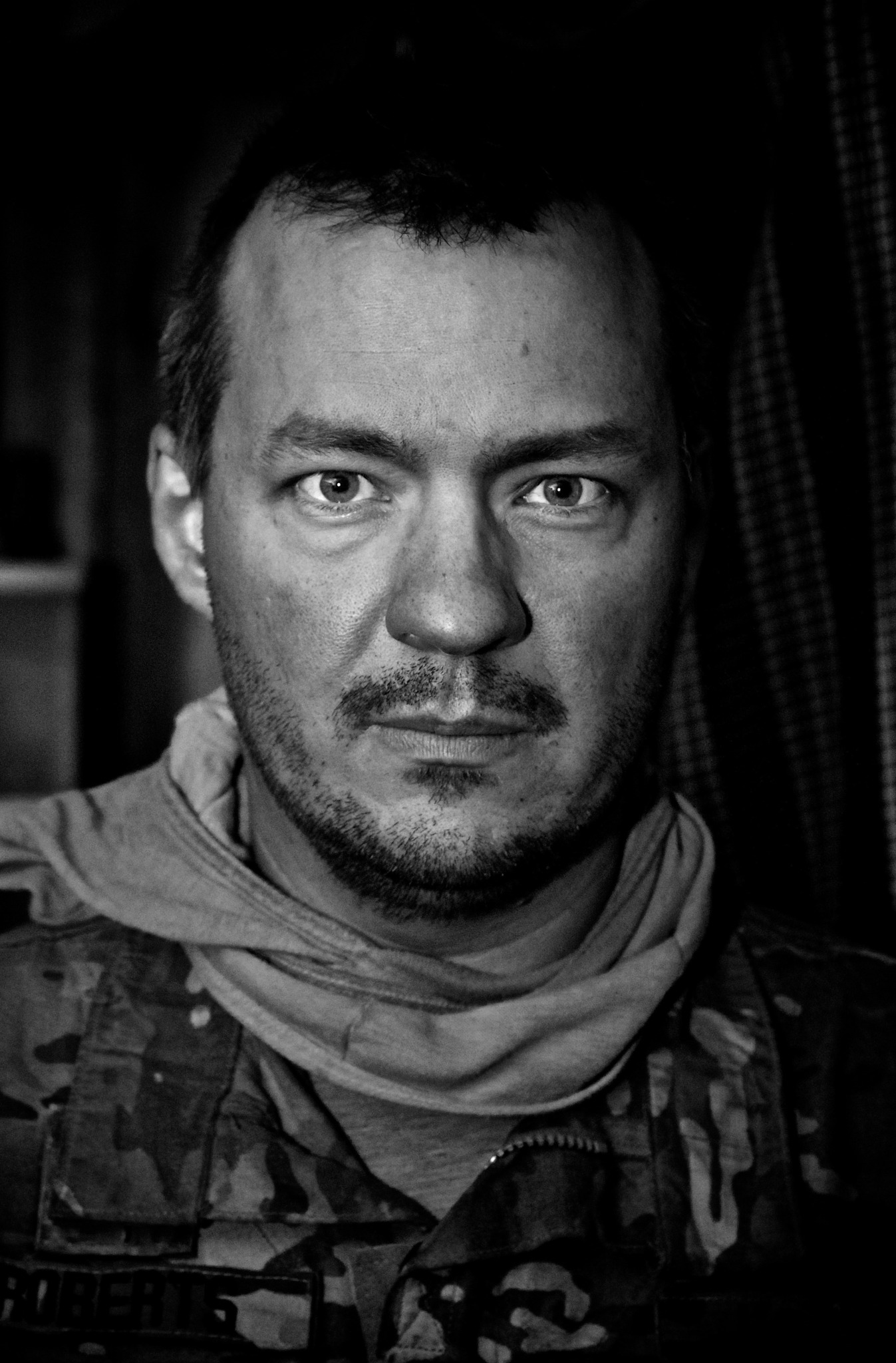We’re excited to introduce you to the always interesting and insightful Justin Roberts. We hope you’ll enjoy our conversation with Justin below.
Justin, thanks for joining us, excited to have you contributing your stories and insights. Let’s start with the story of your mission. What should we know?
My favorite stories do more than just make people feel something. They lead to action.
Back in 2009, I was an Army Captain with one of the most suicidal battalions in the military. We were losing more to suicide than combat. So I helped build a program where soldiers could open up, connect, and look out for each other. It worked—but what really stuck with me was how powerful it was when someone shared their story and another soldier realized they weren’t alone.
That experience changed the way I see everything.
Now, as a filmmaker, I still carry that mission. I’ve filmed in disaster zones and on the front lines in Ukraine—not just to document, but to be part of something that helps. For me, the goal isn’t just to raise awareness. It’s to tell stories in a way that’s connected to real work on the ground. Stories that don’t just inform—but actually move people, build support, and bring about change.
That’s what drives me. Story and action—together.

As always, we appreciate you sharing your insights and we’ve got a few more questions for you, but before we get to all of that can you take a minute to introduce yourself and give our readers some of your back background and context?
I never really set out to become a filmmaker. My goal was to help people hold on.
The work began in the military, trying to keep my fellow soldiers and friends stay alive by through connection. Later, I picked up a camera for the same reason. Chaplains are not allowed to carry weapons and I’m not that great of a shot anyway. I have a masters degree in media arts & communication with a focus in writing and a background in photography. I had a First Sergeant who told me that the best way to connect was to go out on the mission with every platoon and be near the front during major operations. And, so that became my mission. And, since I couldn’t carry a weapon I asked if I could carry a camera. My commander said, “Sure, just don’t get shot”.
I went out to be with the soldiers because a lot of the guys wouldn’t talk unless they were on mission with you. But, in the process of that I was also capturing the moments of the war. The approach worked and my counseling load went up and we started working through a major problems together. It sounds strange, but for some of the guys the combat wasn’t the worse thing they were going through during that time.
Soldier are an odd bunch. They are foul mouthed, smelly, raunchy, and violent. But, they will also die for you. I learned more about God from them then I ever did in any church or seminary. Selfless love. It’s a strange dichotomy to soldiers and it’s one of the reasons why they are my favorite people to hang with.
During that time that I figured out how to film. The mountains of Afghanistan became my film school. I made a lot of mistakes during that time; messing up the audio on one mission, not bringing enough batteries on another. But, during this time is where I really figured out the stories I’m most passionate about telling: people who are heroic. Not in the f*ke, superficial sense. But the truly selfless people who put their lives on the line, not for the fame or for money, but just simply because they love others.
Since then, I’ve directed films in places hit by war and disaster. Some stories follow veterans trying to come home. Others follow photojournalists bearing witness in Ukraine, or volunteers digging through the wreckage after a storm. In all of those places, I’ve met people who live selflessly—who show up when it matters most.
I’ve filmed former soldiers who returned to the fight to stand against evil. I followed an American doctor performing life-saving surgeries in a frontline hospital while bombs fell around him. I sat with volunteers delivering food in areas where drones hunt anything that moves. I spoke with women and men risking everything to rescue children from orphanages, racing the clock before enemy soldiers could overrun them and deport those kids to Russia.
The golden thread that runs through it all is truly loving and brave people. Being around them gives you hope for the world and I think that’s something we all need right now.
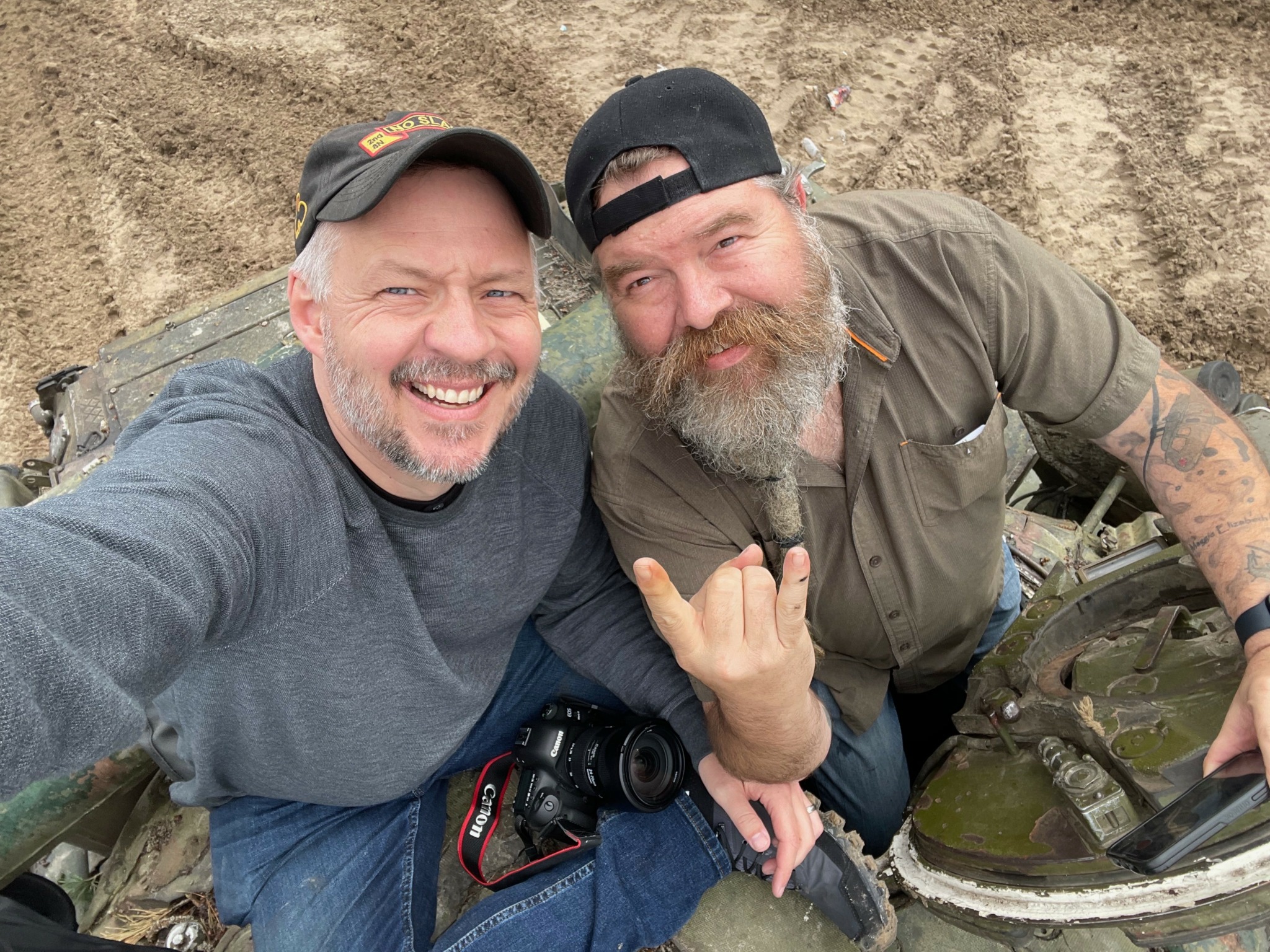
We’d love to hear about how you met your business partner.
I met Hank at a Veterans Inaugural Ball, he was playing music, and I was there to give the invocation. We connected afterward, stayed in touch, and eventually became friends. I started shooting music videos for him, and over time, that friendship deepened.
At one point, I was going through a rough season; depression, losing my sense of direction and Hank started calling me every morning. Just simple check-ins. But those calls helped me get my feet back under me.
Then Hurricane Laura hit my hometown in Lake Charles, Louisiana. My home was wrecked. Two days later, Hank showed up. No questions, no hesitation. Just showed up.
Out of those conversations in the aftermath, Do Good was born, a TV series we’re developing that focuses on the people who show up in the hardest places: war zones, disaster zones, places marked by suffering. It’s about the heroes who step in and make a difference.
When the war in Ukraine broke out, I asked Hank if he wanted to go with me. First thing he said was, “Hell yeah.” Two months later, we were there, he brought his guitar, and we started filming. That’s just who he is. You couldn’t ask for a better friend.
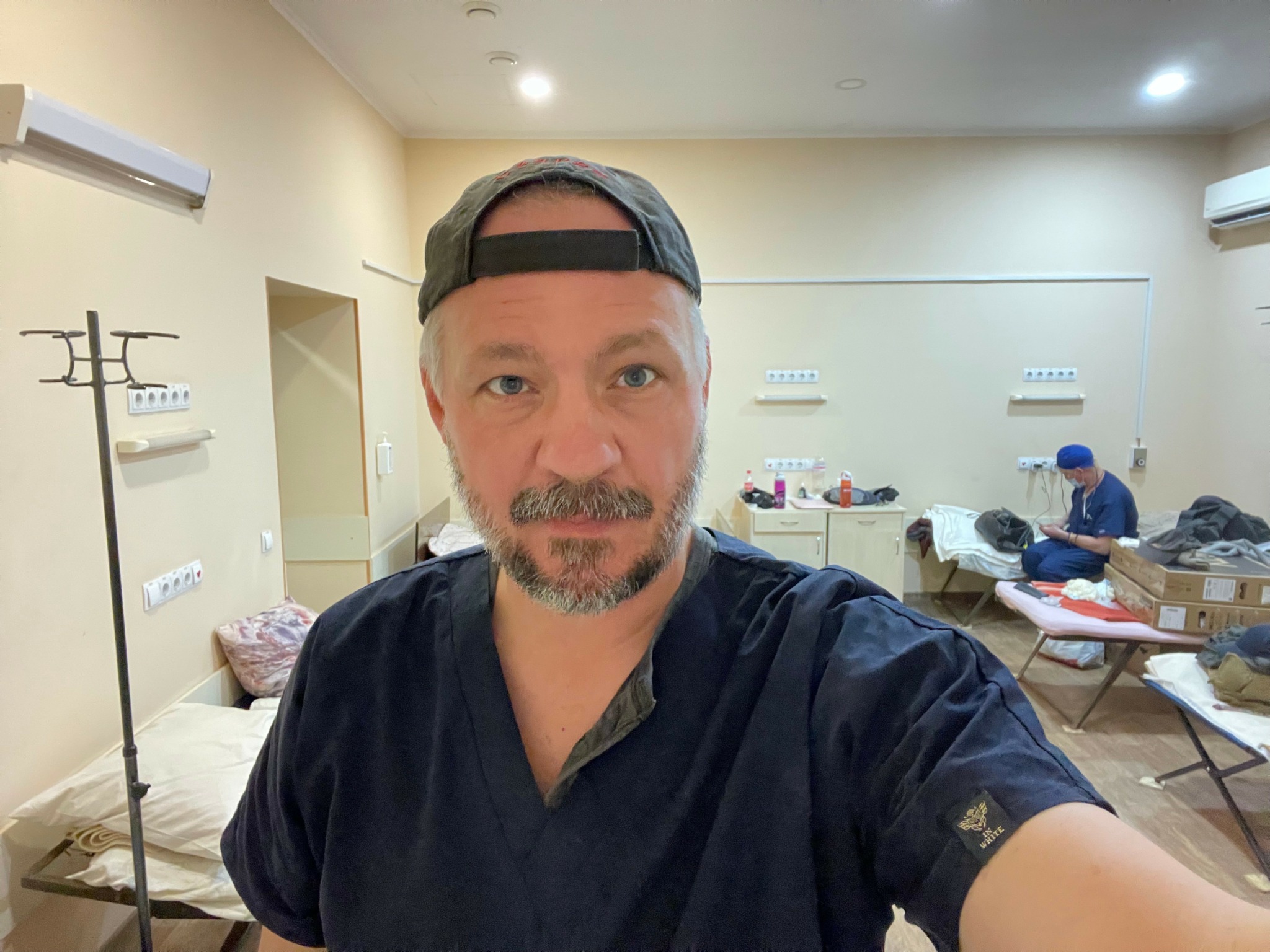
What do you find most rewarding about being a creative?
There was one time at a film festival in California, I don’t want to name which one out of respect, but I found out that we were going to win an award. I traveled over to an award ceremony when I got a call from a soldier that I had served with. He was drinking liquor and had taken a bunch of pills. I talked to his wife and the ambulance was on the way. While she was talking to 911 I was on the phone with him. He was just broken and done. There wasn’t much I could say in that moment, since he was barely coherent. I talked with the first responders for bit and then his wife as she rushed to the hospital. When she had to go in and we hung up I heard the name of our film called, “No Greater Love”.
I walked up and accepted the award. I was grateful and didn’t want to rain on everyone’s parade. I was just experiencing something very different. I was grateful that they recognized the soldiers the film was about and the hard work our team put into it. But, I still hadn’t experienced what I was hoping for.
After the films release is when I started to feel good about it all. Private messages. Just notes on social media or emails from vets or others who found hope from the film. A few said that it made a huge impact in their lives and that meant the world to me. It really did. I saved those messages in a folder. The public high fives are nice, but what really drives me are those private messages letting me know that the thing I hoped the work would do actually happened.
Contact Info:
- Website: https://echobravoproductions.com/
- Instagram: https://www.instagram.com/justin.d.roberts/
- Linkedin: https://www.linkedin.com/in/justinroberts/
- Twitter: https://x.com/JustinDRoberts7

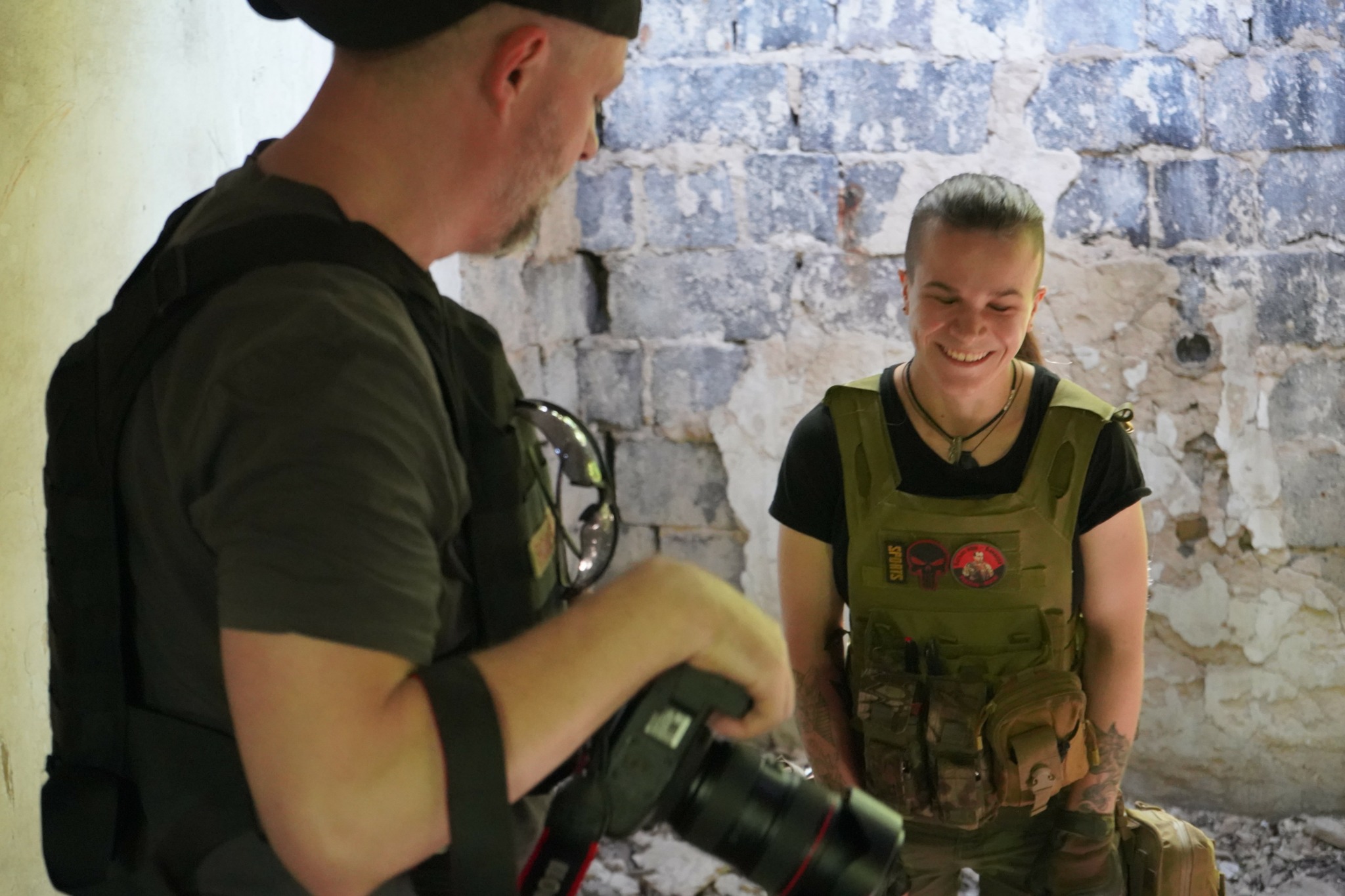
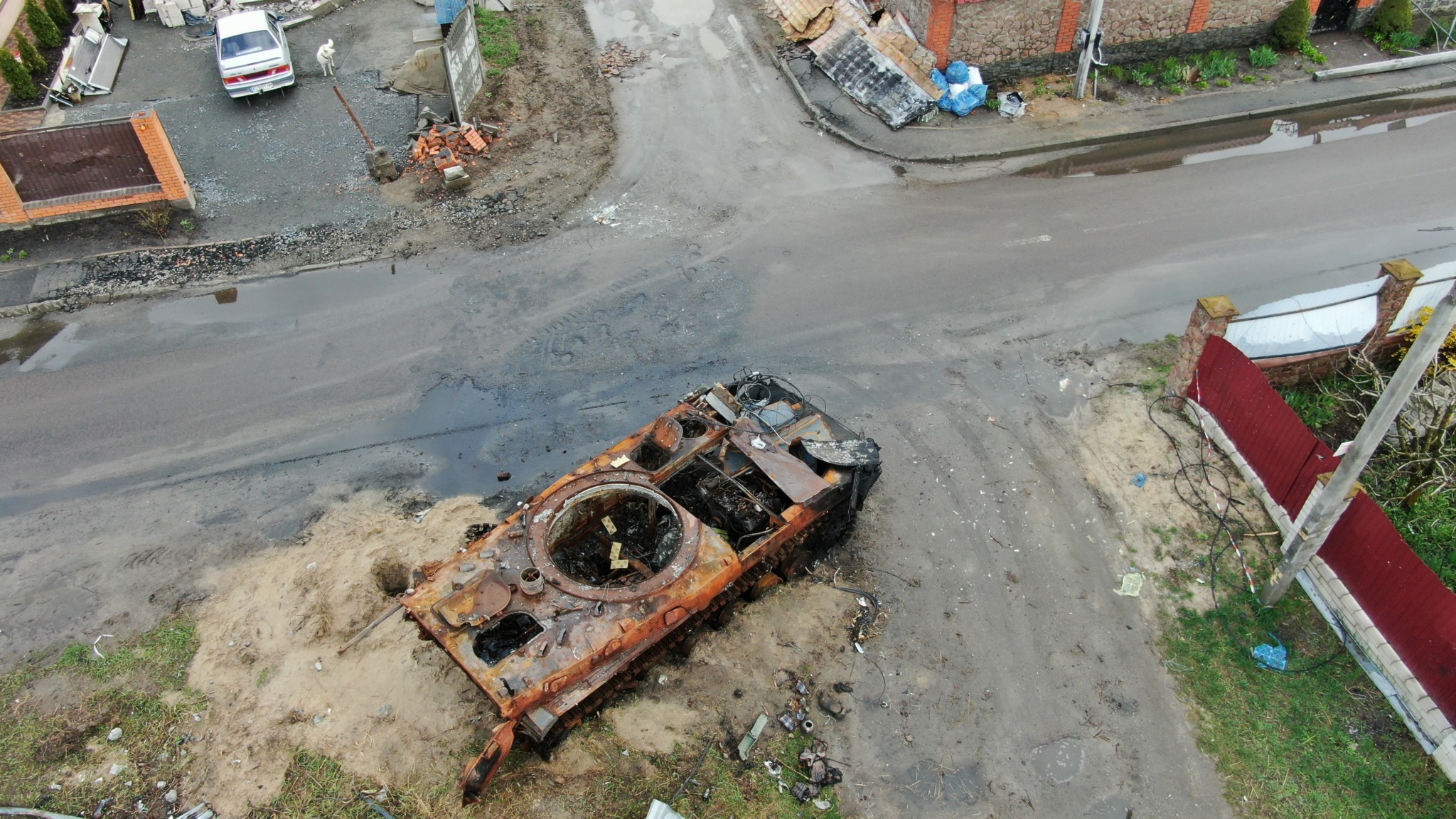
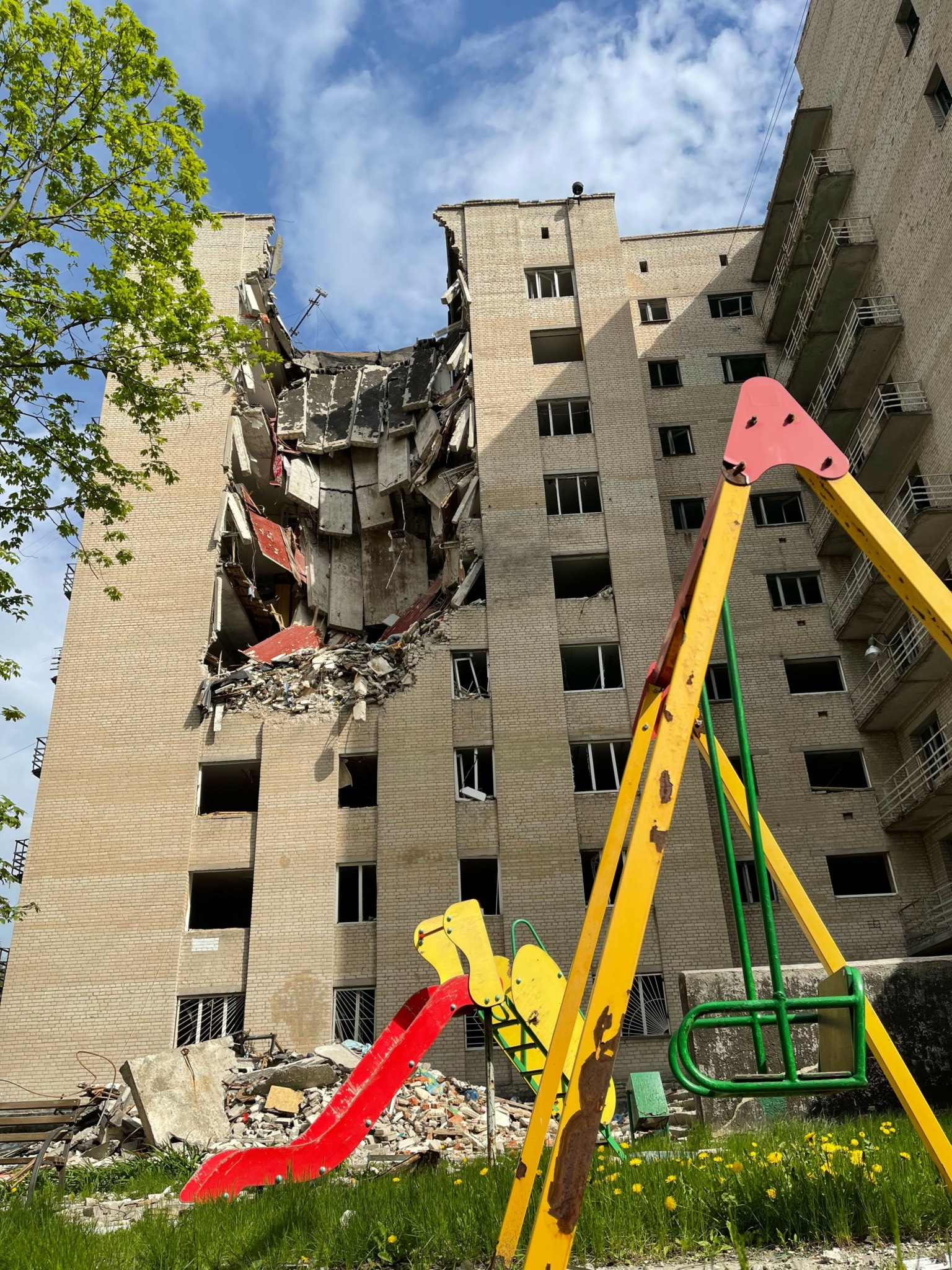
Image Credits
Justin Roberts


